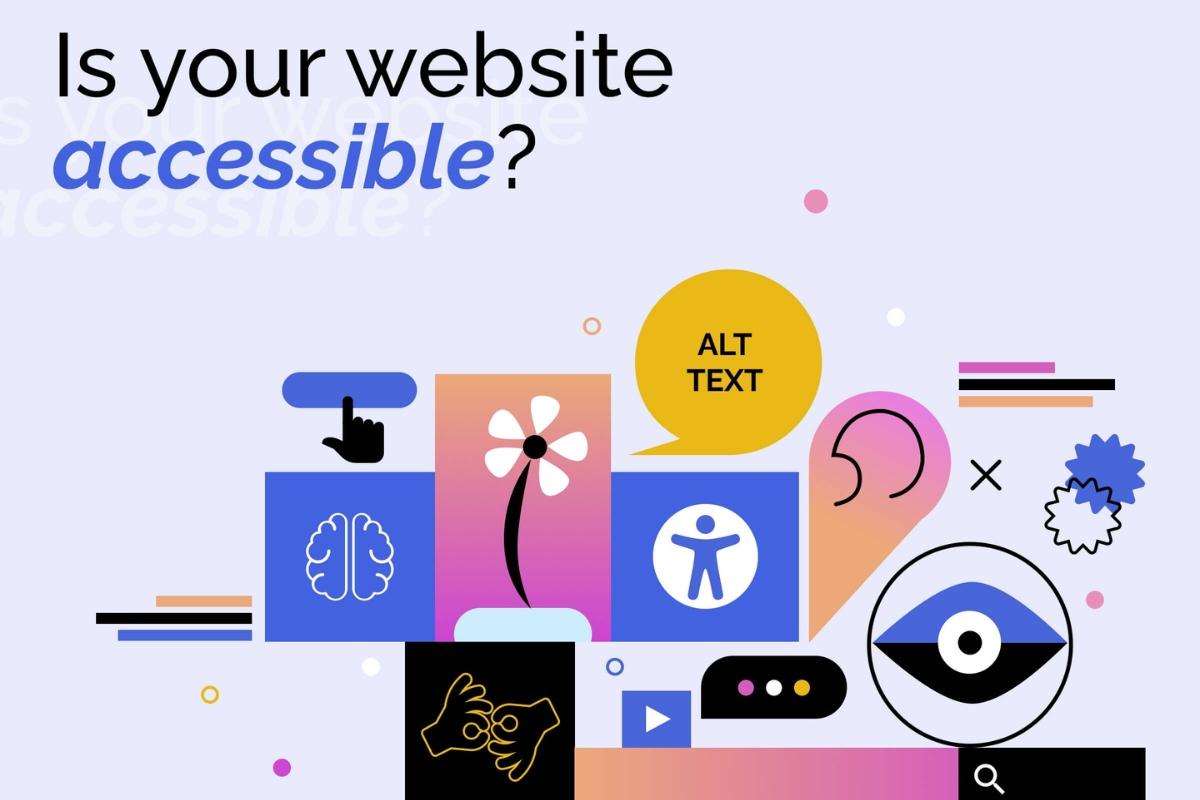
Why Web Accessibility is Non-Negotiable in 2024
Introduction
With over 1 billion people globally living with disabilities, web accessibility is no longer optional—it’s a necessity. Ensuring your website is accessible to everyone is crucial for both legal compliance and user experience.
The Importance of Web Accessibility:
-
Inclusive User Experience: Web accessibility ensures that users with disabilities can easily navigate and interact with your website, creating a more inclusive online environment.
Example: Airbnb has redesigned its website to be fully accessible, offering features like keyboard navigation and screen reader support, resulting in positive feedback from its diverse user base.
-
Compliance with Legal Standards: Countries worldwide have introduced regulations like the Americans with Disabilities Act (ADA) and Web Content Accessibility Guidelines (WCAG), making it mandatory for businesses to offer accessible websites.
Trend: In 2023, major brands like Beyoncé’s Parkwood Entertainment faced lawsuits for having websites that were not accessible to individuals with disabilities, leading to an increased focus on compliance.
-
SEO Benefits: Search engines favor accessible websites, as they often have cleaner code, faster load times, and better user engagement—all of which improve SEO rankings.
Advancement: Apple’s website sets the standard for web accessibility, with detailed alt texts, clear navigation, and video transcripts, ensuring all users can access their content.
Conclusion
In 2024, web accessibility is not just about compliance; it’s about delivering an inclusive, positive user experience. Businesses that prioritize accessibility will not only avoid legal pitfalls but also see improvements in SEO and user satisfaction.
